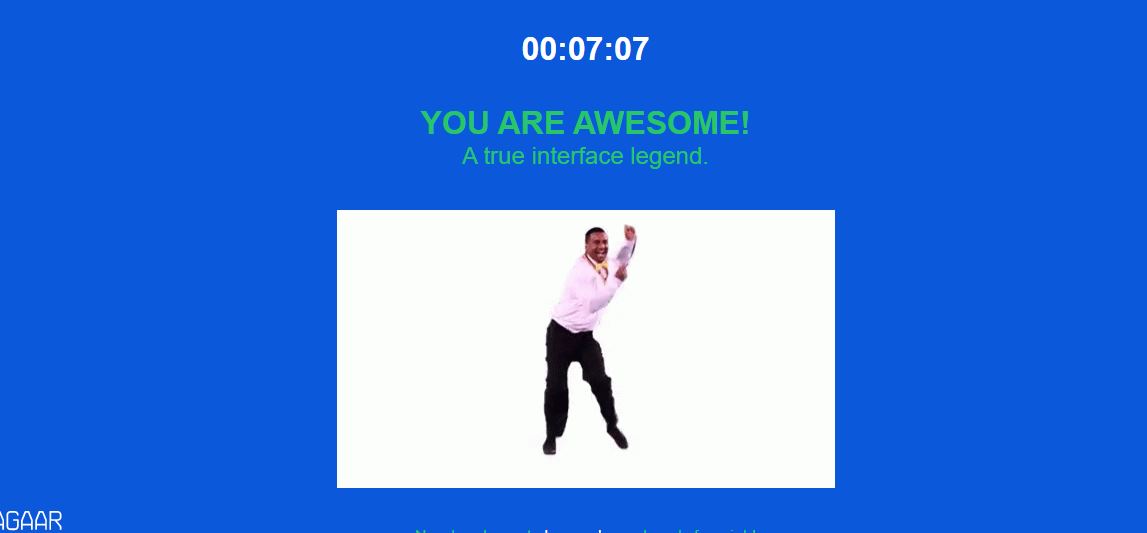Task 10: Attention Economy
 Before this past week, I knew about learned algorithms and data collection from web searches. It always felt as though the web was watching my every move and intentionally hammering me with advertisements of things I had glanced at or searched in a moment of weakness (…you can never have too many shoes). And, I always felt my google home was probably listening in… I never really thought about the extreme intentionality behind showing me advertisements simply because I hovered over a video, or automatically playing videos on social media instead of having to click on them. Or there are people whose job is to decided whether or not an advertising method is ethical or not.
Before this past week, I knew about learned algorithms and data collection from web searches. It always felt as though the web was watching my every move and intentionally hammering me with advertisements of things I had glanced at or searched in a moment of weakness (…you can never have too many shoes). And, I always felt my google home was probably listening in… I never really thought about the extreme intentionality behind showing me advertisements simply because I hovered over a video, or automatically playing videos on social media instead of having to click on them. Or there are people whose job is to decided whether or not an advertising method is ethical or not.
This task and the User Inyerface, by the Belgium interaction design studio Bazaar, definitely helped me focus my attention on a few interesting things.
- The lock screen was beyond frustrating! I got very agitated when the timer popped up that I had to exit each time. It took up so much time.
- The amount of required personal information – Do people give that information out willy-nilly?? Are people ok with that?
- The password requirements – well that took quite a few tries!
- The placeholders in the fill in the blanks – maybe it was just my device but I had to physically delete each of them before entering my answer…again, frustrating, and time-consuming!
- The interests page – The order of these was confusing…I was deselecting them individually then found the select all and deselect all checks near the end – but not together. Also, what an odd mix of interests – most if not all of the options were things I would have never selected.
- Did the validation page need to include a scroll bar to find the top couple checks…
- The “Do You Need Help” kept popping up in the way of my clicking and entering. It didn’t just go away quickly either, but slowly retreated and would pop up again.
In the end, this game was frustrating, time-consuming, and it glitched on my computer a few times which forced me to exit and start over.
There was so much personal information dished out in this game. I felt that because the timer kept popping up it pushed me along to continue including my information because I had no way to exit or bypass the information it wanted. The popups and requirements made this experience so incredibly frustrating! It slowed the process of adding information and agitated me to the point that I was willing to enter any data it asked for just to end the madness….interesting.
We are so easily persuaded, agitated, and influenced by what flashes across our screen that we could be encouraged to submit any information if solicited correctly. By the end of this simple, 7-minute game I had given out more information about my personal self than I usually would. Between the pop-ups, glitches, help bar, requirements it was a definite test to make it through the game – I felt at the end, I would have been willing to put in my credit card info if it meant the game could be over.
It is so easy to get caught up in the moment or be consumed by the flashing lights, or constant pop-up nagging you about information, survey, or sale that we give out more information than we should on a regular basis. It is also interesting on a phone or personal device that we allow specific apps access to. For example, I downloaded a puzzle app on my phone, and in doing so this app automatically allowed itself to have access to my microphone, camera, and contacts. None of those things were required for the app to work or function as intended but depending on the third-party in conjunction with this app could have had access to much of my personal information.
In a time where there is so much security, and rules and regulations for privacy it is amazing how much information is shared, stolen, and simply floating out there for anyone, who knows how to access it, to use. As more and more young people gain access to phones and the World Wide Web at younger ages it will become increasingly important for a higher awareness of what we are being persuaded and blindly lead into sharing and forfeiting as our digital footprints grows.
